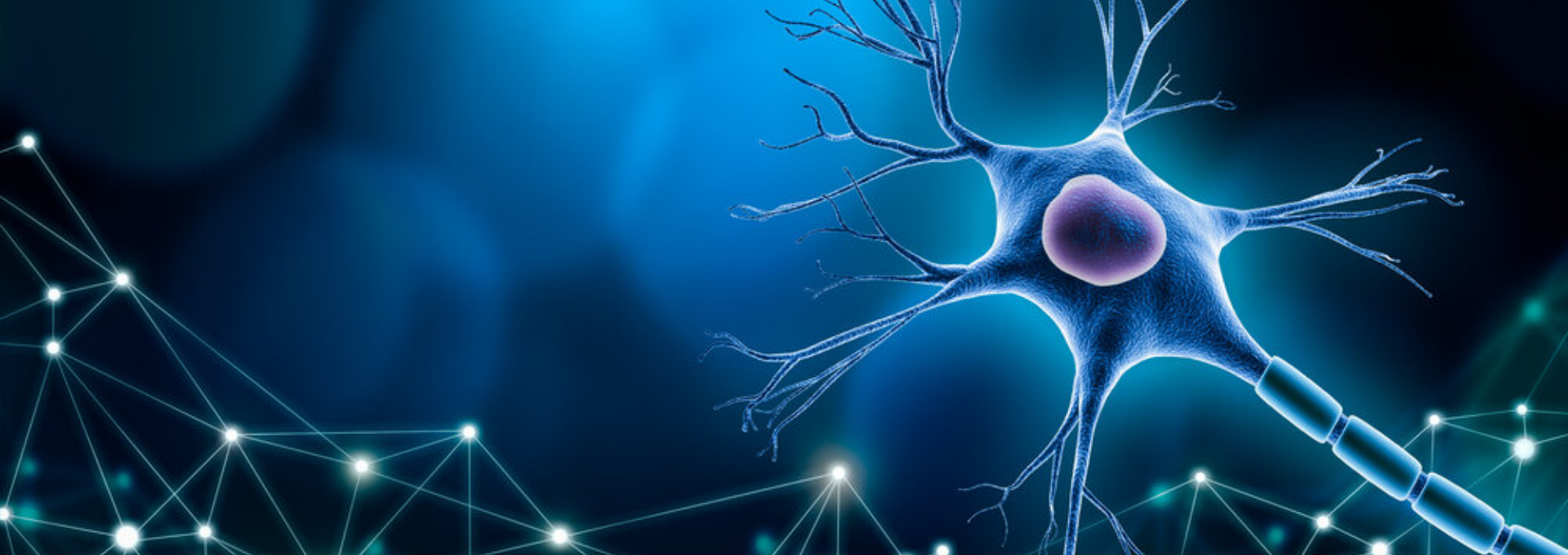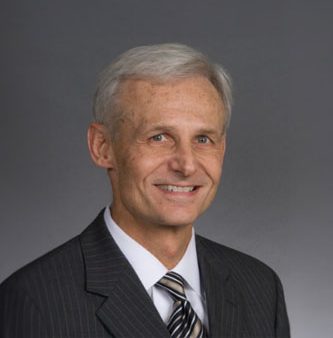
About GCNI
Director's Message

Director
Prof. Bruce R. RANSOM
![]() Welcome to the Gerald Choa Neuroscience Institute (GCNI) at The Chinese University of Hong Kong (CUHK). As director of the GCNI, I’m excited to tell you about our history, our purpose and goals, and finally about our ambitious plans for the future. Please explore our website for details about our faculty, facilities and ongoing projects. I urge you to return regularly so we can share with you our progress during this early phase.
Welcome to the Gerald Choa Neuroscience Institute (GCNI) at The Chinese University of Hong Kong (CUHK). As director of the GCNI, I’m excited to tell you about our history, our purpose and goals, and finally about our ambitious plans for the future. Please explore our website for details about our faculty, facilities and ongoing projects. I urge you to return regularly so we can share with you our progress during this early phase.
In the last 25 years, neuroscience research has expanded dramatically, ultimately driven by the realization that brain is the organ of mind. Our brain accounts for all our actions and thoughts. It is the engine of curiosity, discover and invention. The infrastructure of modern life derives from this infinitely fascinating organ. When we reflect on this reality, and we must, it quickly becomes clear that we are still at a rudimentary stage of understanding how it ‘works’, put most simply.
Modern neuroscience is fundamentally interdisciplinary and flourishes in academic environments that excel in biomedical science, clinical medicine, psychology, computational science, applied mathematics and engineering. CUHK has major strengths in all these areas. A strong core of faculty work in the field of neuroscience and the history of this discipline at CUHK can be traced back many decades. The GCNI expands neuroscience research at CUHK and facilitates collaboration among the institution’s neuroscientists with benefits of enhanced scale and focus. Beyond enhanced collaborative opportunities, the GCNI provides expanded research infrastructure and, most importantly, the ability to recruit additional promising neuroscientists. In this way, the GCNI propels a virtuous cycle of greater research accomplishment, more research funding, and the capacity to compete more successfully for outstanding young neuroscientists, the most important asset of all. As stated when the forerunner entity, the Gerald Choa Neuroscience Centre, was founded, it “aims to be a world-class centre of excellence in multi-disciplinary neuroscience research”.
The GCNI honours the memory and contributions of the first dean of the Faculty of Medicine, Prof. Gerald Choa. Prof. Choa’s professional accomplishments are remarkable and serve as a model of what astonishing results can arise from choosing worthy goals and pursuing them relentlessly. He had a strong interest in neurology and understood the power of basic research to improve the human condition. By naming the Neuroscience Institute in his honour, CUHK’s leadership is committing itself to expanding this exciting area of research and to developing a research environment that promotes discovery neuroscience of the highest standard. Achieving these lofty goals will be the proper and most meaningful way to honour Prof. Choa’s legacy.
Basic Neuroscience is Our Focus
The modern study of the nervous system, or neuroscience, has fractionated into many allied specialty areas because of the unmatched complexity of this organ. The universe of neuroscience research can be divided into basic, or ‘discovery’, neuroscience and translational neuroscience. Translational research tests the efficacy of applying existing knowledge to practical issues such as improving the symptoms of a neurological disease. Basic neuroscience is difficult to precisely define but in essence it is our effort to reverse engineer the brain’s remarkable capabilities. This approach spans from the study of membrane proteins underlying the propagation of electrical signals to understanding how different brain regions interact to allow us to extract meaning from a written or spoken word. Our hope of optimizing brain functions throughout life and avoiding, or designing treatments for, brain diseases depend on the information discovered via basic research. In the absence of trustworthy basic knowledge, translational research is a blind pursuit. The surest path to the critical knowledge needed for successful translational studies is basic research. It is expensive, and painstaking, but it is also the gold standard strategy for creating new knowledge that can lead to practical advances in medicine and in other fields such as AI. The research opportunities that will be made possible by the GC fund will primarily support basic neuroscience investigations.
Neuroscience is entering a period of extraordinary opportunity for translating basic findings into medically important innovations. For example, recent advances in clinical neurology related to the pathophysiology of devastating diseases such as stroke, dementia and Parkinson’s disease open the door for the application of basic neuroscience techniques to seek novel therapies, both symptomatic and/or disease-altering. These opportunities include the scientific pursuit of insights about neurological conditions caused by gene abnormalities, of which there are many. Basic neuroscience research done by core members of the GCNI will contribute to such advances.







